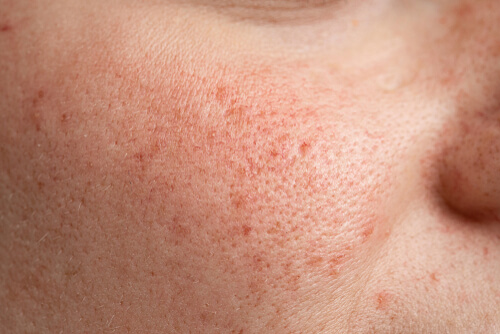STRESS MAY BE GETTING TO YOUR SKIN
London Dermatology | 14 November 2024
Have you seen that stress causes oiliness, irritation, and breakouts?
Your somatic nervous system reacts to stress by telling your adrenal glands to release cortisol and adrenaline. This usually works well in stressful conditions, causing the heart to beat more quickly, respiration to speed, blood vessels to widen, and blood glucose levels to rise. On the other hand, elevated stress can have an impact on skin health, aggravate existing skin issues, and lead to the development of chronic skin illnesses.
Stress may affect the skin in a number of ways, including physiologic changes that might exacerbate skin diseases, such as itching, visible rashes, or behavioural changes such picking at the skin, peeling, or scratching.
People with skin diseases and stress sometimes find themselves in a difficult self-perpetuating cycle since stress may also be brought on by an existing skin issue.
The skin serves as a living filter that protects the body from environmental toxins, but it is a two-way filter. Stress causes the hormone cortisol, which has internal effects on the skin, including inflammation, itching, weakened skin barrier function, slowed wound healing, and lowered immunity.
Stress can cause a number of skin conditions, such as urticaria (hives), psoriasis, rosacea, alopecia areata, acne, and atopic dermatitis.
On the opposite side of the skin/stress spectrum, mental health problems like anxiety and depression can result from having chronic conditions like vitiligo, psoriasis, eczema, and others.
Healing and wellbeing may depend on learning to break the cycle of skin tension. Resolving skin issues can reduce stress in general and help end the cycle permanently.

